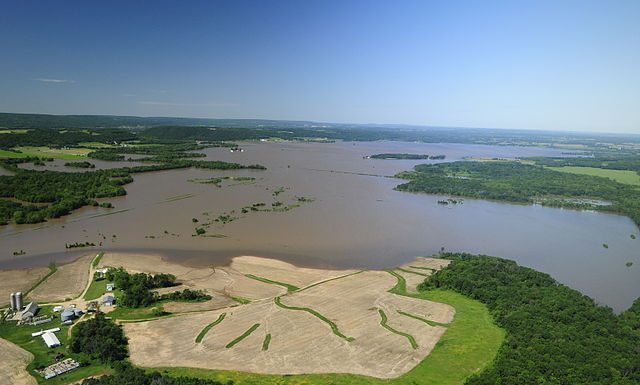In a goodwill gesture, the World Bank (WB) on February 1, 2024 in Washington D.C., approved emergency loans to nations still processing loans.
From now on, member states hit by a natural disaster will directly tap 10% of emergency funds from their non-disbursed credit.
The decision also targets reducing the time of non-emergency loan approval, which by June 2025, could be just 1 year.
Reuters cites Anna Bjerde, Managing Director for Operations at World Bank, who explained the disbursal method. Bjerde said that a $5 billion loan with still $3 billion remaining for disbursal could generate an instant $300 million as emergency response.
Prompts for this exclusive helping hand are the spate of natural disasters in 2023. Examples include Tropical Storm Hilary, which impacted American agriculture, earthquakes in Asia, especially in southern Philippines, and worldwide El Niño floods.
Agriculture Could Benefit
For the above reason, WB seeks to expand catastrophe bonds, which applicant countries could receive as insurance settlements during emergencies. The expansion will use the pioneering model of Jamaica, a Hurricane-path country that receives expedited insurance payouts.
Since farmers are some of the most affected by natural disasters, this insurance program could be beneficial to them.
Though WB does not disburse funds directly to farmers, it runs a financing partnership with smallholder farmers’ cooperatives. The program runs under its agriculture finance and agriculture insurance projects.
Besides, the bank’s innovative digital finance products in partnership with e-commerce firms help reduce farming transaction costs.
Small and Medium Enterprises (SMEs) also use these tools to cut the costs of making multiple business payments.
Fast-tracking Loan Disbursal
Such transactions, however, come with a 2-year and 3-month wait till the bank approves a loan. The only exception are emergency loans under the new terms.
This could change as WB intends to slash the loan approval period from 27 months to 12 months, by mid-2025.
The global bank knows that if there are no frequent disbursements, then it is not “implementing,” says Bjerde.
